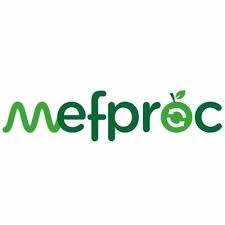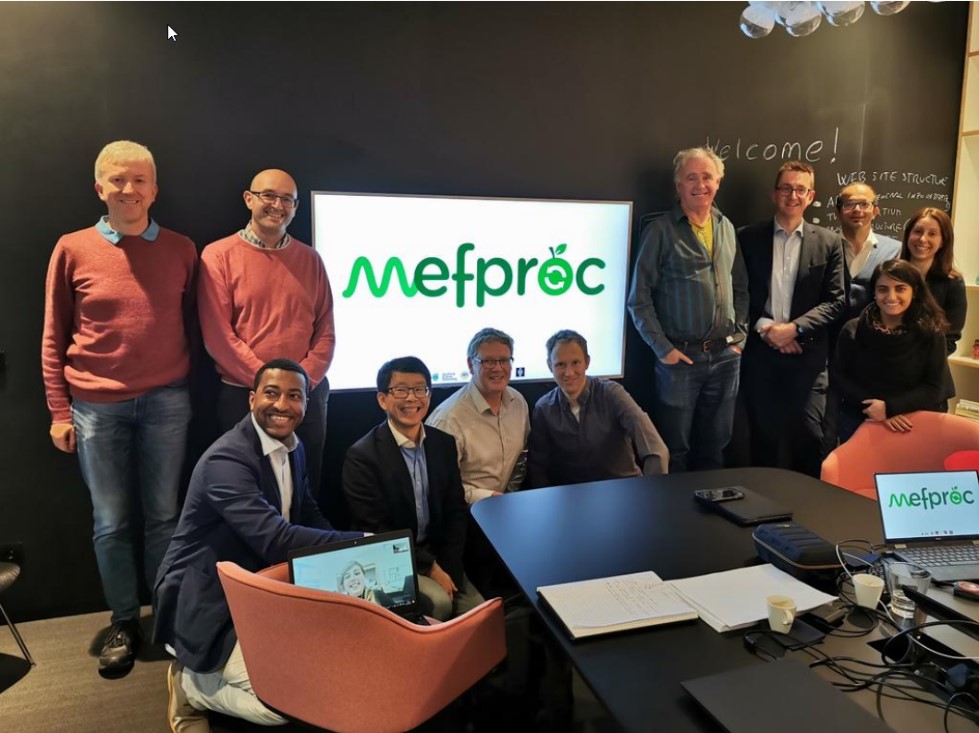Improving Sustainability in Food Processing using Moderate Electric Fields (MEF) for Process Intensification and Smart Processing

Introduction / Background
The adoption of novel sustainable, innovative processing solutions capable of producing microbiologically safe, high-quality products is essential for future economic growth and advancement in the European Food Industry.
Novel mass transfer (e.g. extraction/impregnation) and volumetric heating (e.g. softening, coagulation, cooking or heat processing) operations based moderate electric field (MEF) application to foods represent an extremely energy efficient yet low cost group of applications which will have a definite role in this innovation revolution. Unlike high voltage pulsed electric fields (PEF), a technology which has received considerable attention in recent years, MEF involves a simpler more direct application of electrical current (i.e. no capacitors, pulse forming networks etc.) which is in the form of AC (vs. DC in PEF) at considerably lower field strengths (i.e. V/cm vs. kV/cm) than PEF. Further process intensifications and marginal gains are possible if MEF is applied in combination with ultrasound (US).
The consortium consists of (1) leading European researchers in electro processing, ultrasound, process control and computer modelling (2) MEF and US equipment manufacturers (3) food manufacturers interested in utilising MEF with US for mass transfer and/or heating applications but prevented from doing so by gaps in knowledge.
Aim
The MEFPROC consortium aims to use Moderate Electric Fields (MEF) in food processes to improve their sustainability, in terms of reduced environmental impact, increased competitiveness, intensified processing, energy efficiency, enhanced product safety/quality and waste valorization. In MEF assisted processes, the volumetric heating which arises from direct application of electrical energy significantly reduces heating times at minimized energy and optimal temperatures compared with conventional heating. MEF processing combined with ultrasound (US) can further enhance mass transfer in extraction and impregnation processes.
Expected results
The overriding objective of the proposed project is to bridge gaps in scientific and technical knowledge currently preventing uptake of MEF and US by the food industry providing innovative and sustainable processing solutions for European Food Manufacturers in a host of sectors. Key to achieving this aim will be the quantification and demonstration of yield gain and reduced energy consumption with MEF (and US enhanced MEF) compared to existing heating and/or mass transfer operations. To assist commercial uptake, dissemination and information generation to counteract non-technical barriers to uptake are other project aims.
Keywords
Volumetric Heating, Valorisation, Sustainable Processing, Technology Transfer, Innovative Processing

Project consortium
Coordinated
Prof. James Lyng - University College Dublin IRELAND
Partners
- UNITED KINGDOM: Sheffield Hallam University
- ITALY: University degli studi di Salerno
- SPAIN: Technical University of Valencia
- SWEDEN: Lund University
- GERMANY: TU Berlin
- THE NEDERLANDS: University of Amsterdam
Runtime project
The MEFPROC project started on 01/05/2018 and runs until 31/12/2021.
Follow the project
More information
- Project Mid-term seminar presentation
- Project Mid-term seminar poster
- Project presentation: Green Cooking – The potential for moderate electric field (MEF) processing for milder heat processing of meats